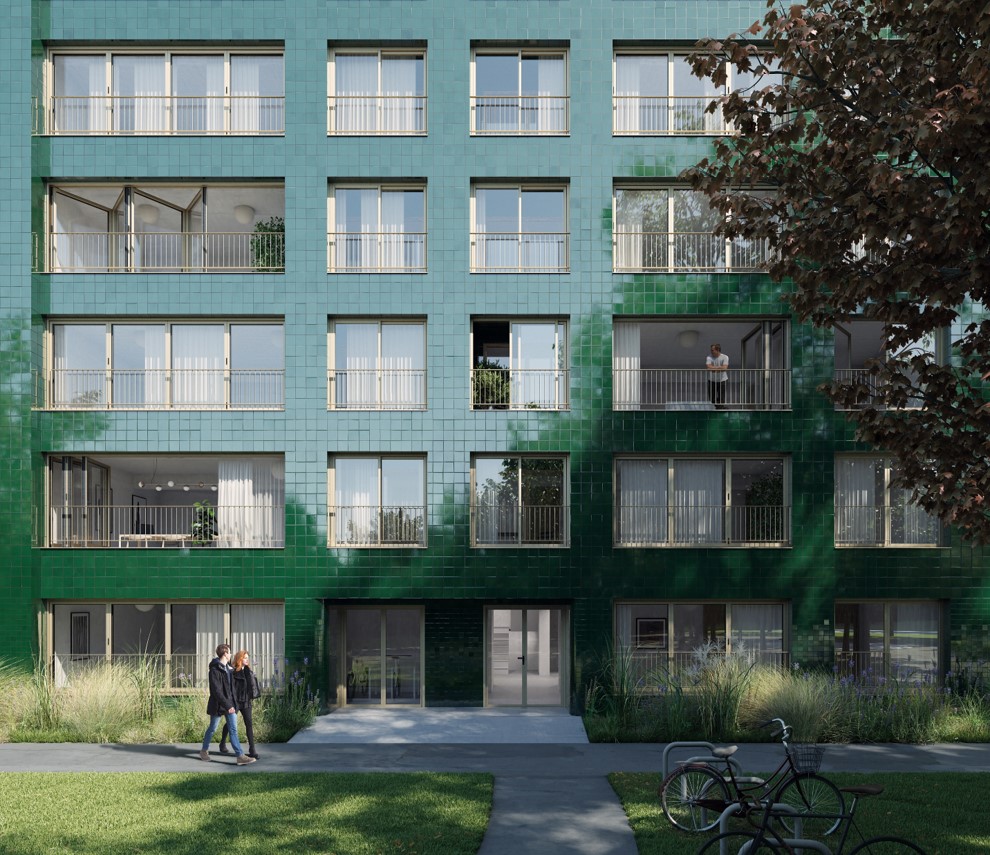OPEN UP THE CITY !
Tutor: Livia de Bethune
Academic year 2022-23, semester 1, Brussels
Engagement: Urban Cultures / The Brussels Way
“The open city should, above all, …, create an environment in which people can experiment and gain experiences.”
Richard Sennett
THEME
We are confronted the last years with repetitive crises; climate, ecological, sanitary, energy, … which urge architects to reconsider fundamentals in urban and housing projects that they used to take for granted. With the sanitary crisis and heat waves, we saw how many citizens escaped out of town, putting a pressure on countryside and rising fundamental interrogations in terms of sustainable planning and social equity. A lot of people don’t have any place to go and are therefore obliged to stay in town, and to survive in often-small indoor spaces and even smaller outdoor spaces (terraces, balconies and small courtyards of gardens). Therefore, landscape architects, urban designers, urban planners and architects sought how to bring the qualities of the countryside in the city, by: developing green corridors, planting more trees and perennials, bringing back water in town, enhancing the permeability of the soil, giving more space for active mobility, generating islands of freshness. However, the challenge seems to be even greater and we must probably consider that even our intimate and collective spaces suddenly acquired new meanings.
Together with the diminution of our impact on the planet and the attenuation of the effects of climate changes, architects must handle this state of affairs and make urban life more attractive and resilient. Responses will be sought to this change and this requires to 1. Reflect on and develop open city forms 2. Rethink the gradation between intimate, collective, and public spaces, blurry the limits between inside and outside spaces; 3. Develop new spaces of sharing such as housing cooperatives, the extra room, co-learning spaces, playing fields, kangaroo dwellings, etc. It is as if urban housing projects must be partly relaunched, offering new ways of urban living in different forms; 4. Integrate nature in the dense city areas.
Following questions will be treated, among others:
- How linking qualitative living space and density?
- Can we go for a real urban open-air living? How adding outdoor space to existing and new (small) apartments?
- How to make nature and biodiversity part of a dense urban neighbourhood, as a shared space with fauna and flora
- How fostering collective life in urban buildings? Place for children to play, (co)-working place, …
- What are the possibilities of large underground spaces?
PROGRAM
Phase 1. (week 1 – 3)
The students collect creative responses that were (spontaneous) given in answer to experiences in the past months (through the lockdown, heat wave, … conditions.
Students will collect and classify:
- Proper experienced (or seen) interesting and creative answers to the lockdown living
- The transformation of intimate spaces under the pressure of the lockdown
- Flexible, adaptable, or shareable housing projects
- Rich diverse and inspiring examples of spaces and buildings, in time and space, which gave users quality of life and space even in a rather dense urban situation. Which give feeling of freedom, openness and relation to nature, …
- The output of Phase 1 are conceptual drawings and models
Phase 2. (week 2 – 5) partly parallel to phase 1
- Reflection and readings on open city forms
- Student choose, analyse and describe an open city forms
- Synchronic centres, landmarks, porosities (between interior & exterior, between private & collective or public), boarder areas, incompleteness, multiplicity
Phase 3. (week 3 – 7)
- Analysis of specific urban Brussels site and buildings which will be rethought (housing entities from modernistic period, urban complexes, …)
- Developing a vision and design strategies (in group) on the area as an open city form
- Conceptual examples and developed documents of phase 1 will form the base of the conceptual research by design.
Week 8 – Fragile week
Phase 4. (week 9 – 13)
- Further development of architectural and urban design project on the Brussels site (analysed in phase 3)
Week 14 – Final Presentation + studio booklet

